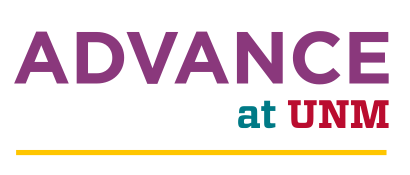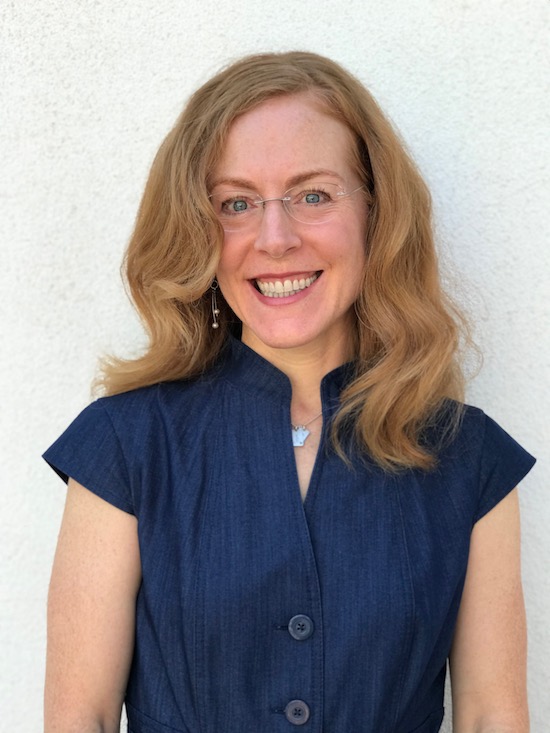STEM shoutout: Dr. Caroline Scruggs
UNM professor of community and regional planning receives 2018 Best Policy Paper Award
UNM Associate Professor of Community and Regional Planning Dr. Caroline Scruggs has been awarded the 2018 Best Policy Paper Award from the Environmental & Water Resources Institute (EWRI) for her and co-author Bruce Thomson’s paper entitled “Opportunities and Challenges for Direct Potable Water Reuse in Arid Inland Communities.”
Scruggs’s areas of research focus on water reuse and scarcity in the Southwest, chemical policies that support the health of humans and the environment, and public awareness and education in both of these areas.
Her paper is the first to identify and describe the differences, as well as constraints, that inland communities face when it comes to water reuse; in contrast to communities on the coast. These differences include: water rights, water resources and downstream considerations, regulatory uncertainty, technical challenges (especially for small communities), large costs, and public acceptance.
“The research suggests that a holistic assessment of these constraints must be conducted early in the planning stages when considering direct potable reuse (DPR) projects for inland communities,” Scruggs said.
Her research on water reuse that laid the foundations for the award-winning paper is funded by the National Science Foundation and the New Mexico Water Resources Research Institute.
This paper is important for inland communities everywhere, especially for dry, desert climates such as New Mexico’s.
“Inland communities have been largely overlooked in the potable water reuse literature to date, and our NSF grant paid for open access to the article so that it can be freely available to inland water managers who may be interested in the feasibility of potable water reuse for their communities,” Scruggs said.
Beyond producing an award winning paper that is helping to bring the issue of inland community water reuse to light, Scruggs is conducting other water reuse research in collaboration with students and colleagues.
This includes understanding current public attitudes toward indirect and direct potable water reuse, finding the best approach to educate the public on programs that will help communities make informed decisions about potable water reuse, and how chemical policies and public awareness for management of hazardous chemicals could be improved due to the inevitability of potable water reuse across the Southwest.
“I was really excited about publishing this paper because it’s the first to identify and describe the unique challenges faced by arid inland communities in implementing potable water reuse. The award was quite an honor,” Scruggs said.

